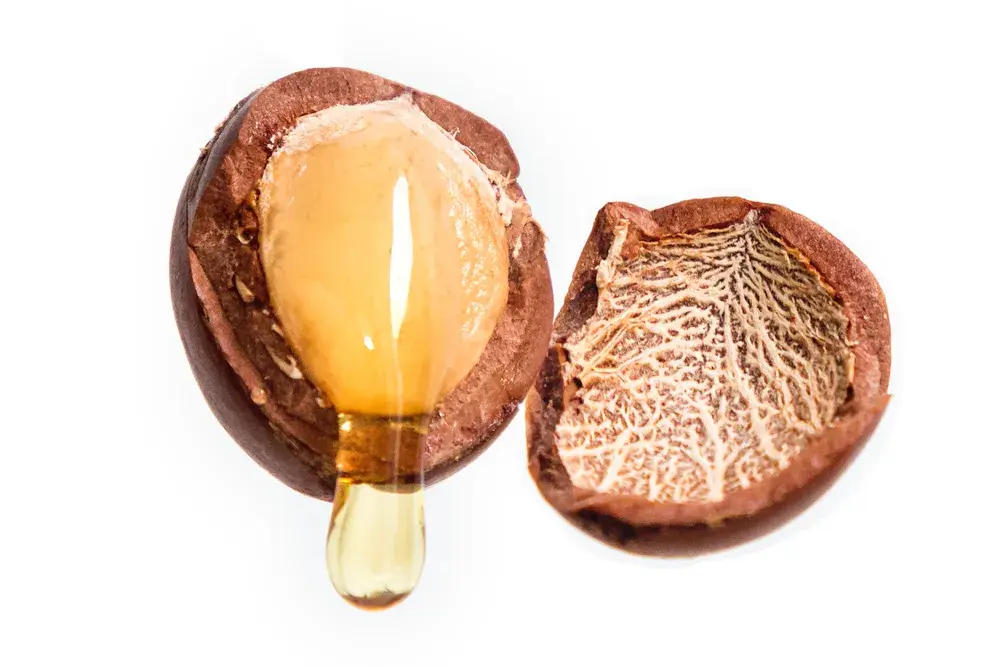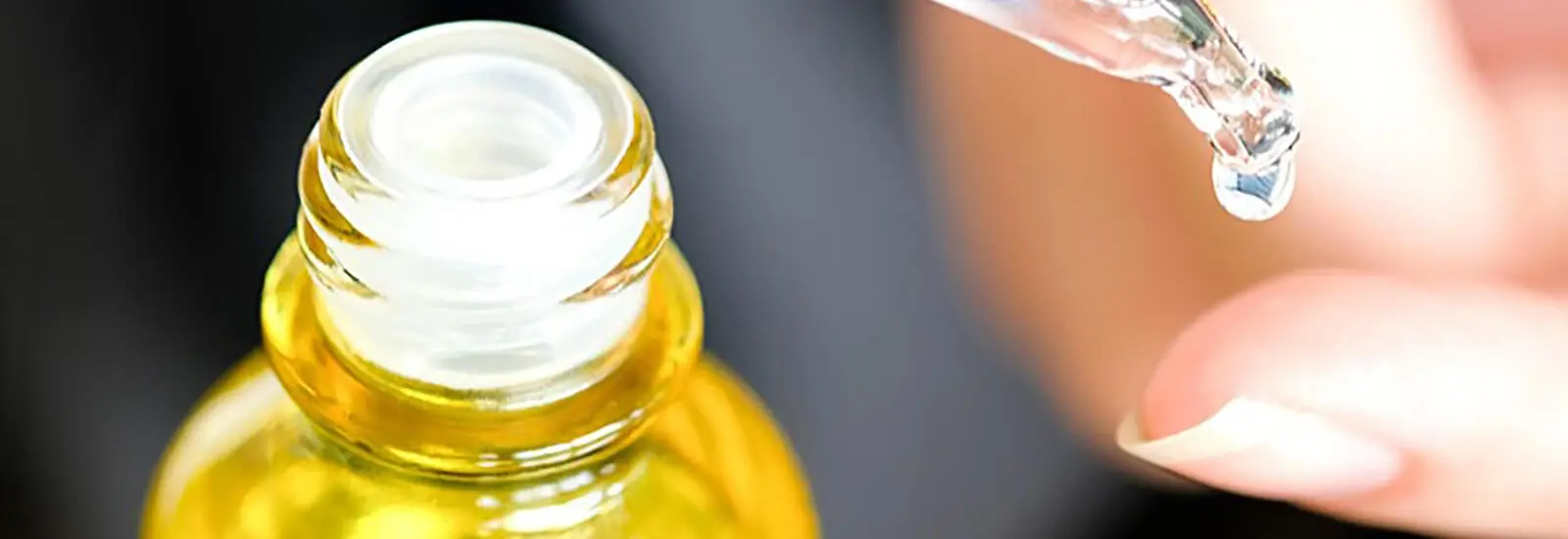What Is Argan Oil?
You've probably seen this ingredient on product labels, but what is argan oil, exactly? A star ingredient in many anti-aging skincare products, argan oil is a rich, moisturizing oil produced from the Morocco-native argan tree. Long used in traditional Moroccan food and beauty routines, argan oil's unique chemical composition features fatty acids and bioactive compounds like polyphenols, tocopherols, squalene and CoQ10.
The fatty acids in argan oil for skin provide anti-inflammatory and antioxidant benefits. Meanwhile, tocopherols (vitamin E) protect skin from environmental damage.
As antioxidants, polyphenols and CoQ10 may also help protect your skin from the cellular damage that leads to visible signs of skin aging, including wrinkles and loss of elasticity. Squalene, a naturally occurring oil with emollient properties, supports soft, smooth, hydrated skin.
You may see argan oil listed as "argania spinosa kernel oil" on beauty and personal care products.
What Are the Uses of Argan Oil?
The beauty of argan oil lies in its versatility. This ingredient benefits many skin types, including mature, dry, oily and acne-prone skin.
Argan oil advantages mature skin in various ways. For example, one study showed that argan oil improved skin elasticity in postmenopausal women. This is due in large part to its supreme moisturizing effects. Plus, plant-derived antioxidants protect the skin's appearance against UV-induced skin damage and aging.
While it may seem counterintuitive to put oil on oily skin, argan oil can actually help reduce excess oil production by promoting a healthy moisture balance.
And this oil isn't only good for skin. In one study, argan oil for hair protected participants' tresses from oxidative damage. Argan oil also helps protect against heat and style damage, minimize frizz and keep your hair feeling soft and smooth.
Where Does Argan Oil Come From?
Argan oil is traditionally produced by a manual extraction method passed down from generation to generation of Amazigh women. According to the traditional process, women harvest argan trees' fruit, dry it for weeks, then peel and crack it open to obtain the argan kernel. They then roast the kernels, grind them and extract the oil.
Extraction technology has evolved over time to improve yield, sanitation and quality. Some Moroccan women's cooperatives have adopted a semi-industrial mechanical extraction process, which is the primary production method today. Cosmetic argan oil is extracted from unroasted kernels, whereas food-grade argan oil is obtained by cold-pressing roasted kernels.
How To Incorporate Argan Oil Into Your Skincare Routine
For Skin
You can use pure argan oil directly on your skin or as an ingredient in moisturizers, face masks, eye creams and more to boost skin hydration, curb the appearance of acne prone skin and support healthy skin tone and texture. If you have sensitive skin, test argan oil on a small area of skin before applying it to your entire face.
Argan oil generally works well with other skincare ingredients. Try combining it with a vitamin C serum or moisturizer to boost antioxidant effects and increase protection against oxidative stress. Follow argan oil with a broad-spectrum sunscreen in your morning routine to fortify your defense against UV rays.
For Hair
So, how to use argan oil for hair? Make a DIY argan oil hair mask! Massage the oil into your roots alone or combined with other nourishing oils, like coconut oil, and work through to the ends. Let it sink in for anywhere from 15 minutes to overnight (depending on your hair texture and goals) before shampooing and conditioning as usual. In general, you can use a generous amount on thick or curly hair, whereas a small amount (a few drops) can do the trick for fine hair without weighing it down. You can also purchase hair products formulated with argan oil or add a couple drops of argan oil to your favorite shampoo.





